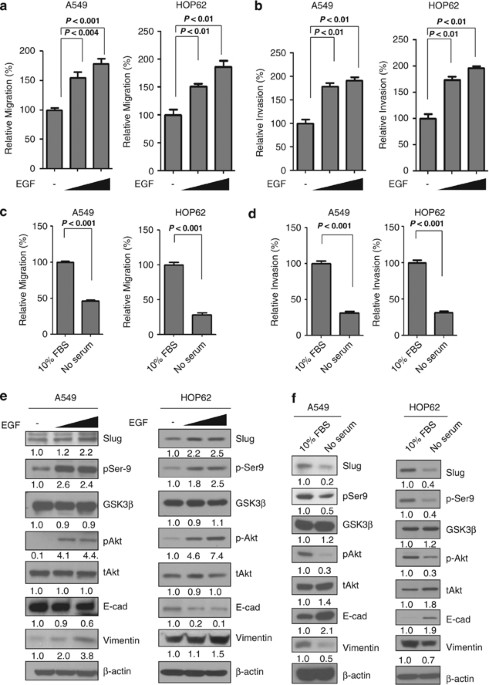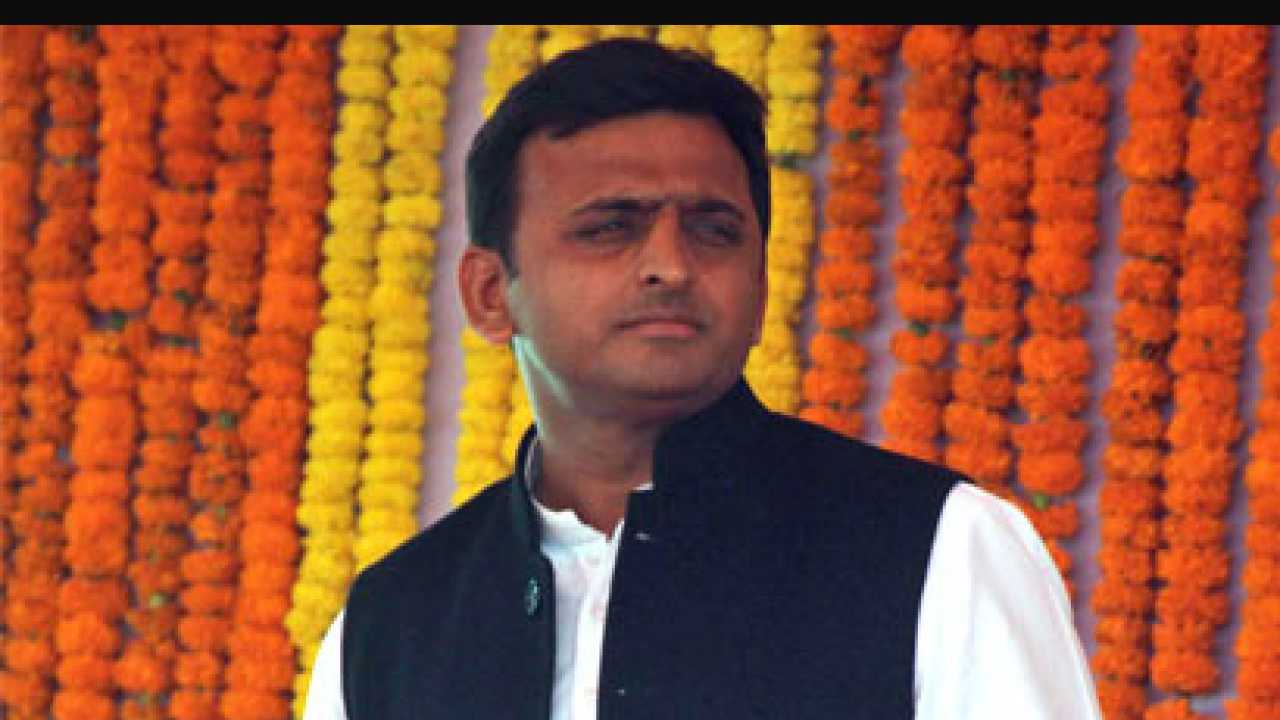
- Select a language for the TTS:
- UK English Female
- UK English Male
- US English Female
- US English Male
- Australian Female
- Australian Male
- Language selected: (auto detect) - EN
Play all audios:
The masked gunman who shot drug company executive James Patrick Riley at the Irvine Spectrum last year remains at large. And the alleged mastermind of the botched assassination, his partner
Dr. Larry C. Ford, committed suicide. On Monday, the alleged getaway driver, Dino D’Saachs, went on trial for attempted murder in proceedings that could shed light on the bizarre series of
events and international intrigue that followed the shooting outside the offices of Biofem Inc. In opening statements, prosecutors for the first time provided an alleged motive, saying Ford
wanted Riley killed because their company was on the verge of making millions of dollars from new medical products for women. Calling D’Saachs a “contract killer” and longtime friend of
Ford’s, Deputy Dist. Atty. Ebrahim Baytieh said in the Santa Ana courtroom that the defendant was hired to pick up the gunman in his van after the shooting. Baytieh said the plot’s aim was
to eliminate Riley--who survived--so Ford could reap a huge windfall from a revolutionary female contraceptive product and a drug that could potentially cure AIDS. “Riley got in the way
because of the money and when Riley got in the way, Dr. Ford and the defendant decided that a man was going to run with a gun . . . and shoot [Riley] in the head,” Baytieh told jurors. But
defense attorney Daniel Davis scoffed at the notion that Ford would want to rid himself of a man crucial to his company’s success. He told jurors the case would unravel because no one saw
D’Saachs at the crime scene and because there was no motive. “Ford would be undoing his entire professional identity,” Davis said. “And if you can’t find motive, it’s going to be real hard
to find any evidence.” D’Saachs, 58, showed no emotion as Riley took the witness stand and described the moments after what he called an “explosion” of gunfire sounded near his head. “I
touched my face and felt blood. I said to myself, ‘My God, I think I’ve been shot,’ ” he testified. Riley, who suffered a cheek wound, testified that he couldn’t believe his “genius” partner
had played a role in the plot. “I thought that it was absurd, unfathomable that someone would solve the problem with another human being by killing him,” he said. The shooting occurred on
the morning of Feb. 28, 2000, as Riley was getting out of his car in the company’s parking lot. A man suddenly appeared and fired a pistol from close range, sending a bullet ricocheting off
Riley’s cheekbone and smashing through a nearby office window. The gunman, in full view of several bank employees, then fled between two buildings and dived into a passing van that
prosecutors say was driven by D’Saachs. He was arrested later that day after police discovered a “how-to” book on assassinations and other evidence in his Los Angeles office. Partner’s Yard
Held Lethal Secrets Days after the attack, detectives began a search of Ford’s home that led to the discovery of a cache of illegal weapons and explosives buried in his backyard. They also
found cholera- and typhoid fever-causing bacteria in the home, which forced the evacuation of 200 Irvine residents. The discoveries triggered an investigation into “weapons of mass
destruction” by the FBI. Ford, who has been linked to South Africa’s apartheid-era biochemical warfare program, committed suicide shortly after the search began. It is not clear if
prosecutors will unveil more details about Ford’s activities during the trial. But courtroom statements on Monday suggested that his background would play a major role in determining a
motive in the case. Under cross-examination, Riley said he believed Ford had worked for the Central Intelligence Agency. Ford, he said, often spoke of doing research for a four-star general
in charge of a U.S. biological weapons program. The CIA had even given Ford an award, he said. Riley called Ford an eccentric genius with an IQ of 200 who often wore sneakers with his
business suits and was renowned worldwide as an expert on infectious diseases. Ford’s life goal, he said, was to develop a powerful drug that could cure AIDS and other sexually transmitted
diseases. Biofem was preparing to launch a female contraceptive product that Riley estimated would generate $100 million in profits. Riley said each man owned 25% of the company but that he
effectively controlled the firm by having greater stockholder voting rights. After Ford’s suicide, Riley said he discovered that Ford had violated their partnership contract by working with
other physicians on research projects for other pharmaceutical companies. Ford allegedly had known D’Saachs for many years and was the gynecologist for D’Saachs’ wife and daughters. The
prosecutor said D’Saachs, a retired bus driver from Los Angeles, owned a body shop, grocery store and tax preparation service, and was a “contract killer.” Key evidence during the estimated
three-week trial will include the assassination manual, eyewitness accounts and cell phone records that allegedly place D’Saachs at the scene of the crime. Prosecutors said Ford telephoned
D’Saachs before the shooting and watched the crime unfold from his office, which overlooked the parking lot. Riley’s testimony was scheduled to continue today. MORE TO READ



